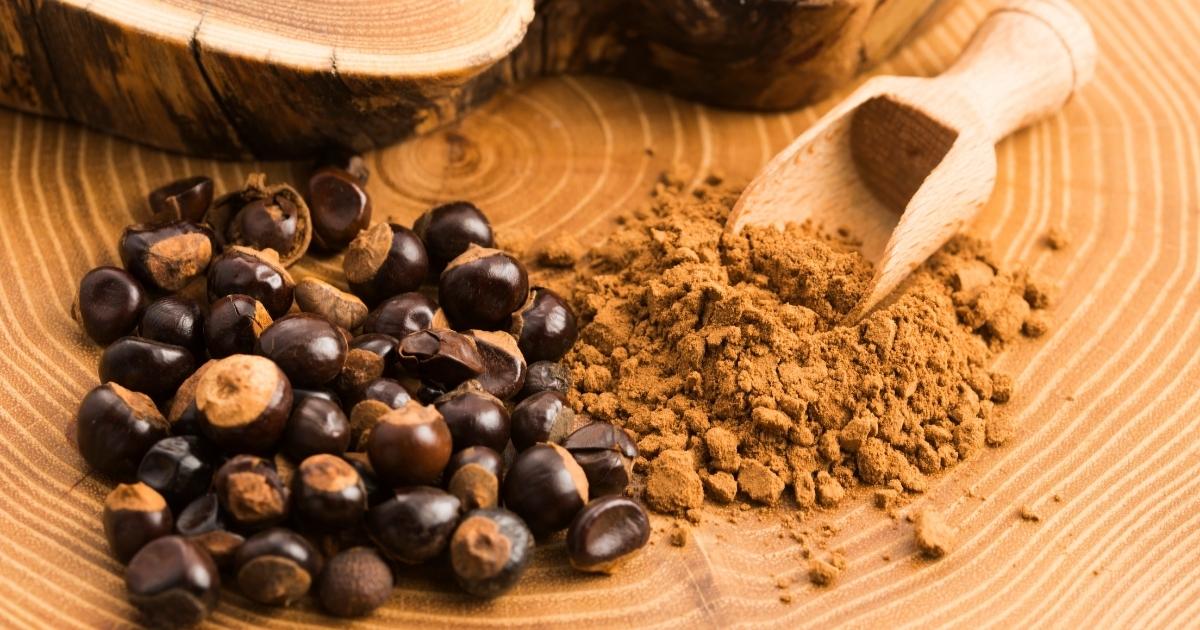Curcumin is the primary active ingredient in turmeric. Some evidence has shown that curcumin’s properties can assist with relieving pain and weight loss. What curcumin can do to aid in weight loss includes reducing inflammation, improving insulin sensitivity, reducing the amount of fat tissue in the body, and increasing the amount of a hormone called adiponectin that helps with metabolism regulation. The one negative of curcumin is that it can impact how effective pain relievers are. Other health benefits outside of pain relief and weight loss include improving brain health and decreasing the risks of developing Alzheimer’s disease, cancer, and heart disease.
Is Curcumin the Same as Turmeric?
While curcumin is the active ingredient within turmeric, this does not make it the same as turmeric. To describe the differences, curcumin is a compound in turmeric that provides most of its health benefits, including anti-inflammatory and antioxidant properties. In animal studies, curcumin also showed the possibility of preventing tumor development. Turmeric has been used for over 4,000 years as a spice with medicinal benefits. The compounds it contains include curcumin, cyclo curcumin, and turmerone. Turmeric contains many phytonutrients, which can help prevent cellular damage. Turmeric contains small amounts of curcumin, and somewhere between two and six percent of its phytonutrients comprise curcumin.
Can Curcumin Make You Lose Weight?
Curcumin has the potential to assist with losing weight, particularly with decreasing one’s body mass index score and reducing one’s waist size. Curcumin can help with weight loss by reducing inflammation, improving metabolism, and reducing cortisol. Curcumin can improve metabolism by improving insulin sensitivity and increasing the amount of the metabolism-regulating hormone adiponectin. Curcumin has anti-inflammatory benefits, such as lowering cortisol and assisting in weight loss.
Is Curcumin Good for Pain Relief?
Curcumin can be beneficial for relieving pain, especially for those experiencing osteoarthritis. It has even been found in some cases to be as much, if not more effective than NSAIDs (nonsteroidal anti-inflammatories). NSAIDs have the potential to cause gastrointestinal side effects, which curcumin is not as likely to do. Since curcumin is naturally anti-inflammatory, it can also assist with improving asthma and lowering cholesterol levels.
.png?width=899&height=450&name=Assuaged-Turmeric-In-Clay-Pot-Image%20(899%20x%20450%20px).png)
How Long Does Curcumin Take to Work for Pain?
It will likely take one or two months for the positive effects of curcumin to be noticed. A few studies showed that taking a 1,000 mg curcumin supplement daily for eight to twelve weeks is likely to reduce pain and inflammation that is specifically linked to arthritis.
Is It Okay to Take Curcumin Every Day?
Curcumin is considered safe to take daily as long as no more than three milligrams of product is taken per kilogram of body weight. If too much curcumin is consumed within a day, specific side effects can be experienced, like abdominal pain, diarrhea, headache, nausea, or a skin rash. It is also not recommended to take large doses of curcumin for prolonged periods, as not enough research has been done to ensure the safety of this protocol. It is also essential to consider how curcumin could react with any medications you are taking, so discuss the possibility with your healthcare practitioner. Curcumin is often found to react with medicines like blood thinners, diabetes medications, and stomach acid reducers.
Are There Any Negative Effects of Curcumin?
Based on the current scientific evidence and available research, curcumin is safe and effective in most circumstances. However, some individuals have experienced adverse health effects from taking a curcumin dietary supplement. For example, in one study, seven test subjects who were taking between 500 and 12,000 mg of curcumin were found to be experiencing a combination of diarrhea, headache, rash, and yellow stool 72 hours after consumption.
Here are some turmeric supplements you can try out:
- Garden of Life myKind Organics Inflammatory Response Turmeric Gummies
- Ora Organic Turmeric Curcumin Pills
- Organic India Turmeric Formula
Try incorporating turmeric into your foods and see if it works for you. Feel free to share your thoughts and experiences!
References:
Arrey, K. (2020, August). Turmeric. Arthritis Society Canada.
Brown, M.E. (n.d.). Turmeric Benefits. Johns Hopkins Medicine.
Hewlings, S.J. & Kalman, D.S. (2017). Curcumin: A Review of Its' Effects on Human Health. National Library of Medicine.
Rath, L. (2023, March 1). Turmeric Probably Won't Help Your Arthritis - But Curcumin Might. Arthritis Foundation.
Restivo, J. (2024, March 22). Turmeric benefits: A look at the evidence. Harvard Health Publishing.
Unhapipatpong, C., Polruang, N., Shantavasinkul, P.C., Julanon, N., Numthavaj, P., & Thakkinstian, A. (2023). The effect of curcumin supplementation on weight loss and anthropometric indices: an umbrella review and updated meta-analyses of randomized controlled trials. The American Journal of Clinical Nutrition.

















